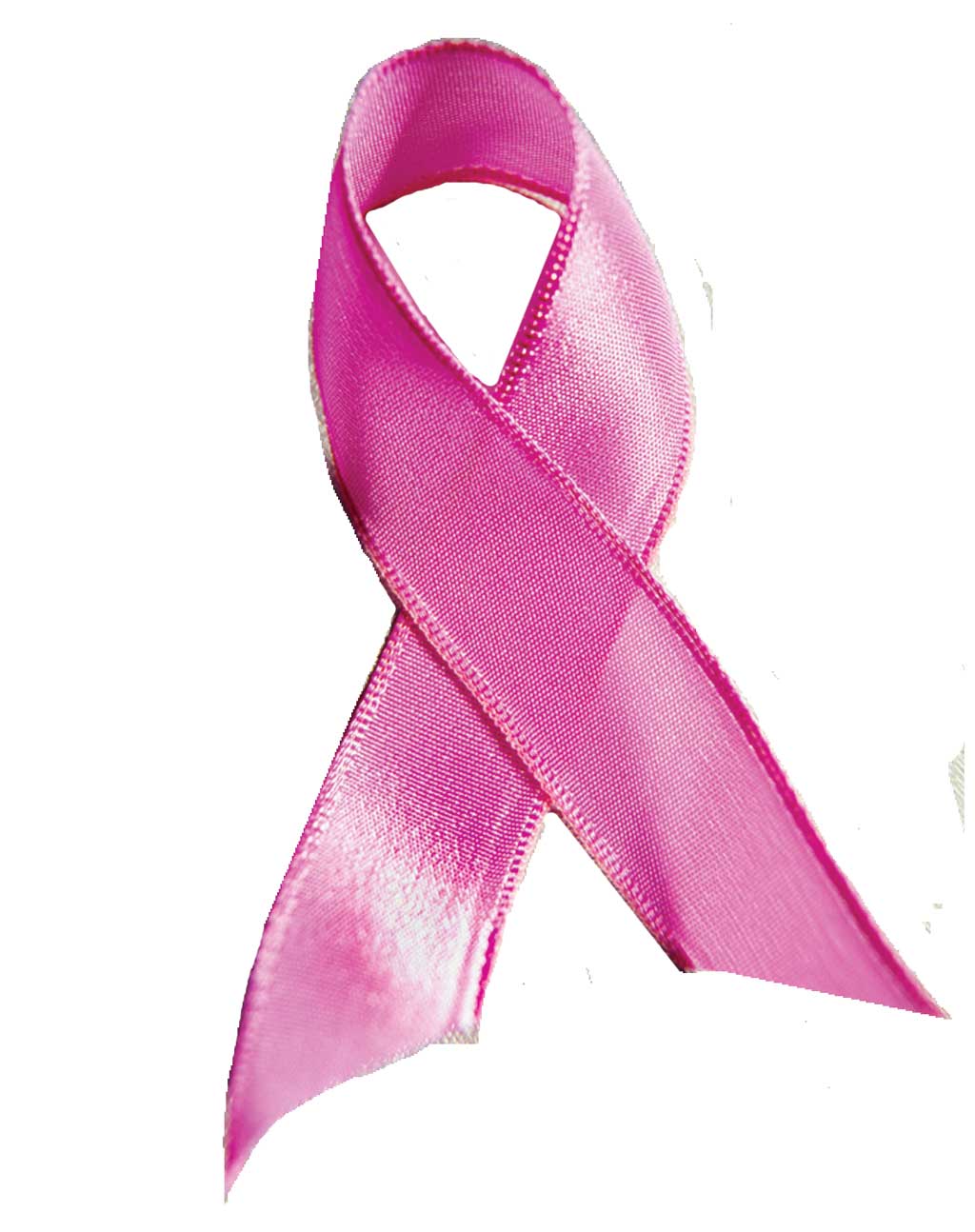By Rachel P. Dultz, M.D., F.A.C.S.
During their lifetime, 1 in 8 women will be diagnosed with invasive breast cancer, according to the American Cancer Society, and 1 in 39 will die from the disease.
However, most women can survive breast cancer if it is found and treated early. In fact, there are more than 3.5 million breast cancer survivors in the United States today, according to the American Cancer Society.
Getting regular screening tests is the most reliable way to find breast cancer early.
Non-urgent care at the Penn Medicine Princeton Medical Center Breast Health Center was temporarily postponed several months ago due to COVID-19. Routine screenings and diagnostic mammograms have resumed, with extensive protocols in place to help ensure patient safety at this time.
Understanding the Risks
Although many women who develop breast cancer have no risk factors, there are certain factors that increase your chances of developing the disease. Further, incidents of breast cancer increase with age.
Other risk factors include:
• A history of breast conditions or prior breast cancer diagnosis
• A family history of breast cancer, particularly at a young age
• Beginning menstruation at an early age
• Entering menopause at a later age
• Having a child late in life or never being pregnant
• Undergoing post-menopausal hormone therapy
Screening Recommendations
When women should begin regular mammograms and how often they should have them is a complex issue. Recommendations for how early mammograms should begin and how frequently you should be screened depend on your personal and family history as well as your age.
The American College of Radiology, for one, recommends a screening mammography every year for women who are at average risk for breast cancer beginning at age 40. In general, it is thought that screening should continue annually as long as a woman is in good health, regardless of age.
It is important, however, to talk with your doctor about screening and what is appropriate for you.
For screening purposes, a woman is considered to be at average risk if she doesn’t have a personal history of breast cancer, a strong family history of breast cancer, or a genetic mutation known to increase risk of breast cancer (such as in a BRCA gene), and has not had chest radiation therapy before the age of 30.
Watch for These Signs
Seek medical advice if you notice any of the following signs, even if you recently had a mammogram:
• A lump or thickening in the breast that feels different than surrounding tissue
• Changes in the shape, size or appearance of the breast
• Changes in the skin over the breast, such as dimpling
• Peeling or flaking of the skin around the nipple
• A newly inverted nipple
Designated Center of Excellence
Between five and 10 percent of breast cancer cases are based on genetic mutations, and genetic testing, counseling and risk assessment are available at the Penn Medicine Princeton Medical Center Breast Health Center through the Rutgers Cancer Institute of New Jersey LIFE Center.
The Breast Health Center is designated a Breast Health Center of Excellence by the American College of Radiology and holds a three-year accreditation from the National Accreditation Program for Breast Centers, a program administered by the American College of Surgeons.
The Breast Health Center offers 3D mammography services, as well as ultrasound guided and stereotactic breast biopsy. In addition to this cutting-edge technology, the Breast Health Center provides the personalized services of breast health navigators, who help to guide patients after a breast cancer diagnosis.
Treatment for breast cancer varies from person to person and is increasingly more personalized and tailored to the specific cancer’s unique biological profile. No two cancers are treated the same. Some may require surgery, while others may be treated with targeted chemotherapy or radiation. Understanding the options — as well as risks and benefits — is a critical step in the treatment process.
Talk with Your Doctor
As the American Cancer Society notes, finding breast cancer early and getting state-of-the-art cancer treatment are the most important strategies to prevent deaths from the disease. Breast cancer that is found early, when it is small and has not spread, is easier to treat successfully.
October is Breast Cancer Awareness Month and is an opportune time for women to talk with their doctor about their risk for breast cancer and breast cancer screening.
For more information or to make an appointment, call 609-688-2700 or visit www.princetonhcs.org.
Rachel P. Dultz, M.D., F.A.C.S., is fellowship trained breast surgical oncologist and board certified surgeon as well as a fellow of the American College of Surgeons. She is the medical director of the Breast Health Center at Penn Medicine Princeton Medical Center.

